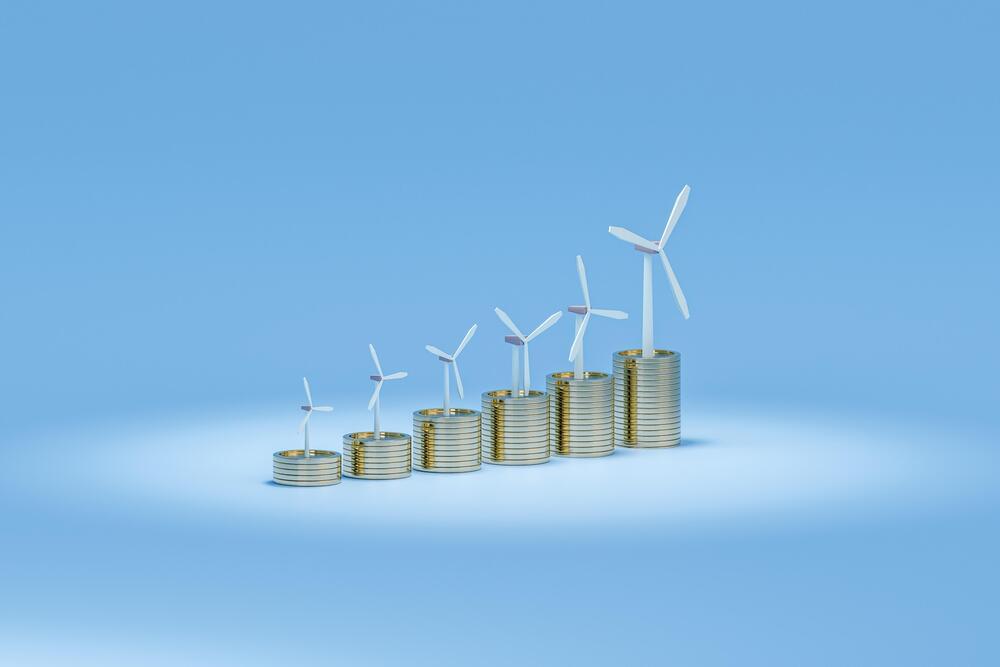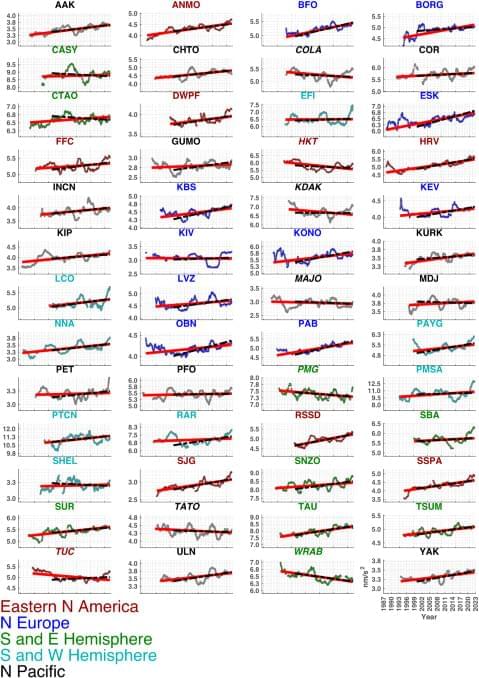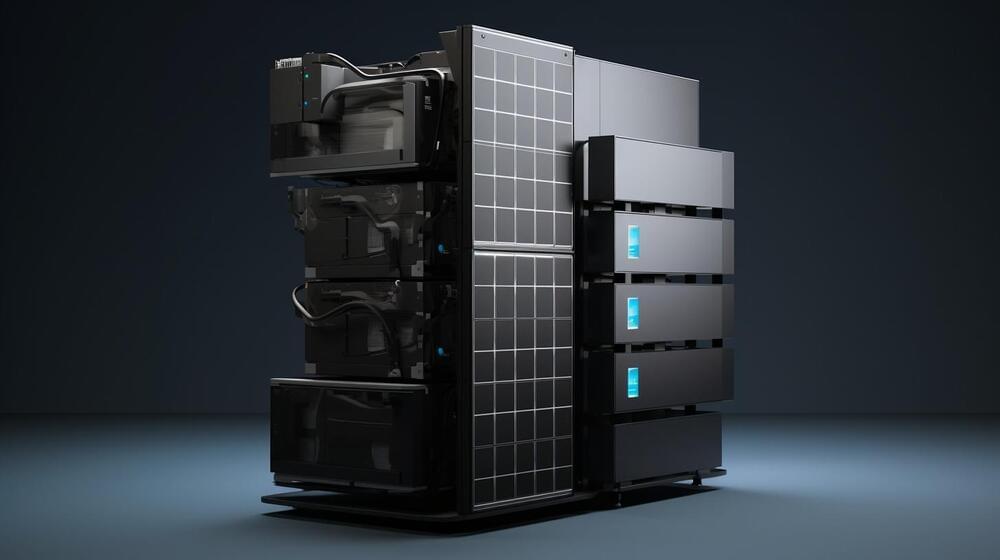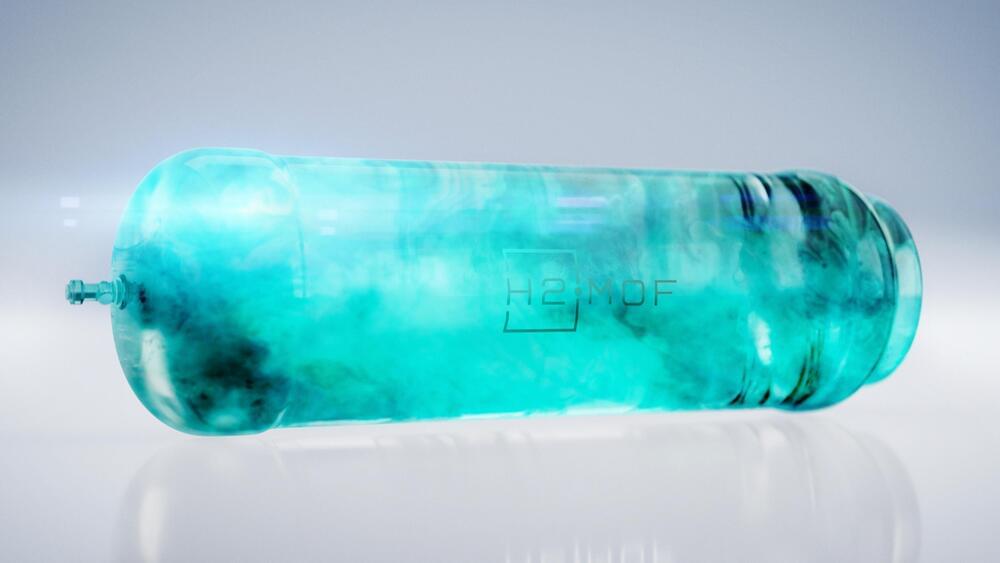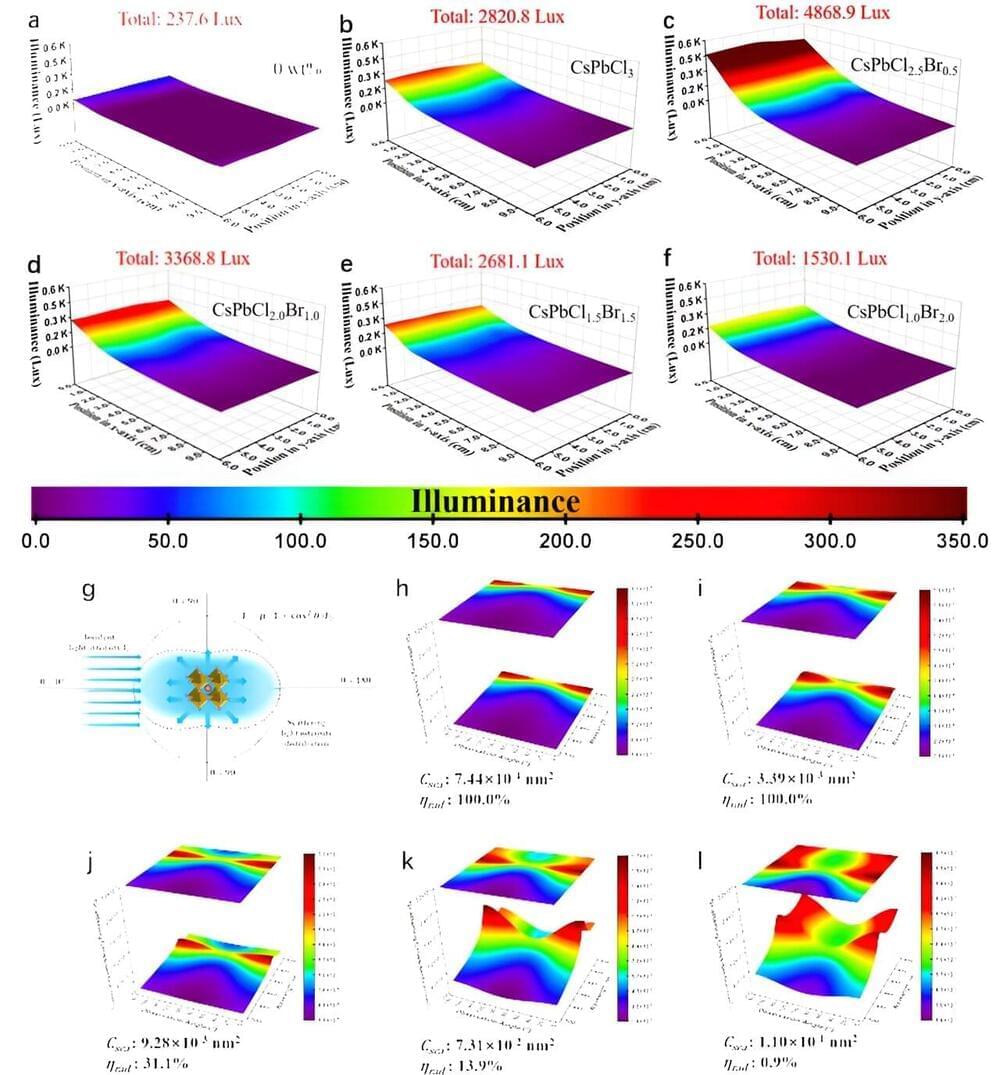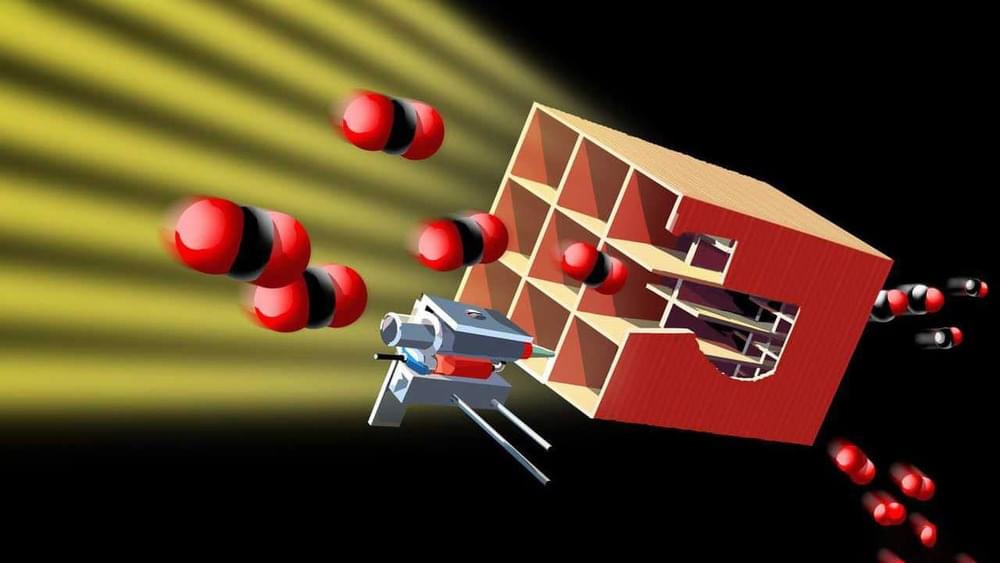Nov 9, 2023
Revolutionary New Electric eJet Motor Could Signal a Breakthrough in Electric Propulsion for Aviation
Posted by Genevieve Klien in categories: energy, transportation
The aviation industry could be on the cusp of a revolution, following recent tests of a new purely electric jet engine that packs the same punch as its traditional fossil fuel-burning cousins.
Canadian-based company Duxion Motors recently celebrated a significant milestone with the successful ground test of its eJet Motor – the world’s first rim-driven jet propulsion motor.
The eJet motor, an electric jet engine, represents a significant leap in electric aviation, utilizing permanent magnet technology to deliver unprecedented power-to-weight ratios within a compact design. Duxion’s approach could revolutionize the industry, offering scalable efficiency suited to larger aircraft, hybrid cooling for enhanced power density and reliability, and a flexible design that can be tailored to various airframes.

